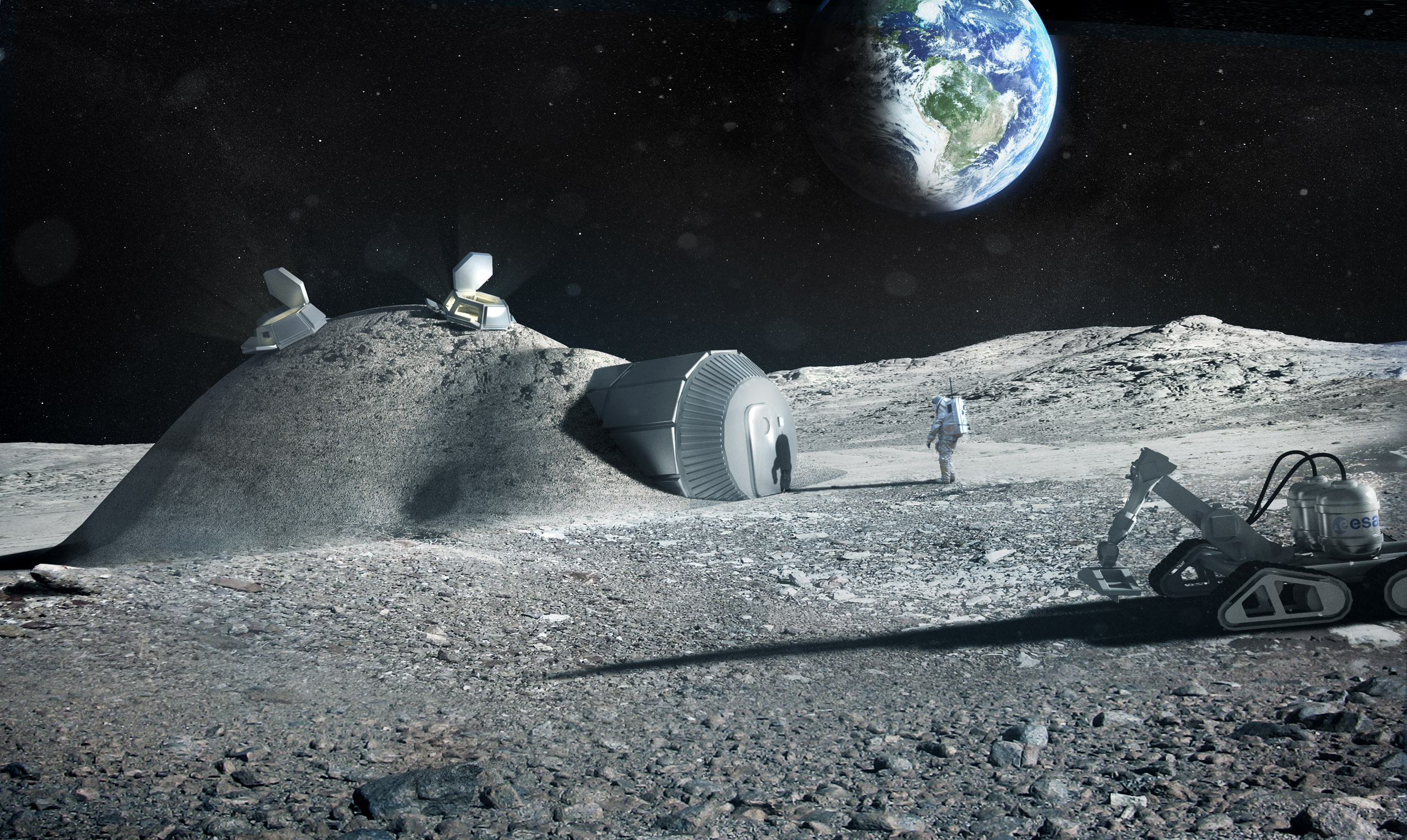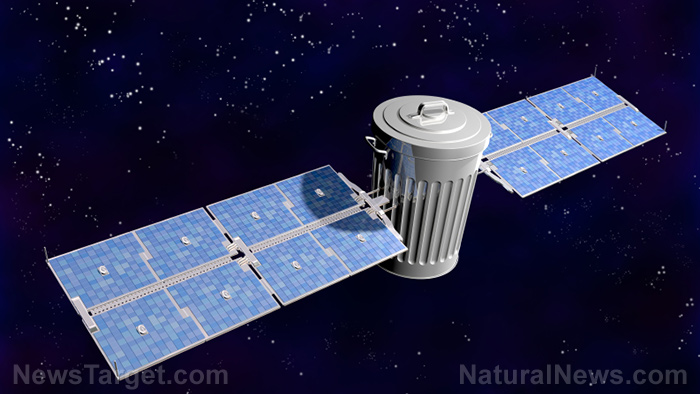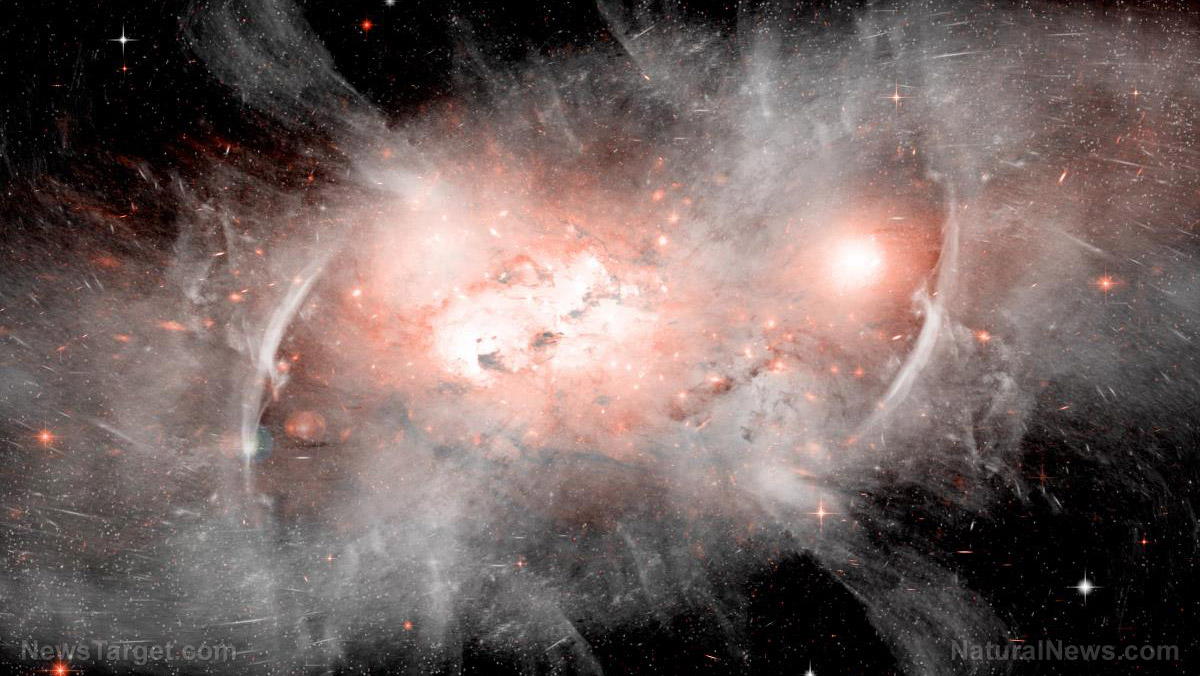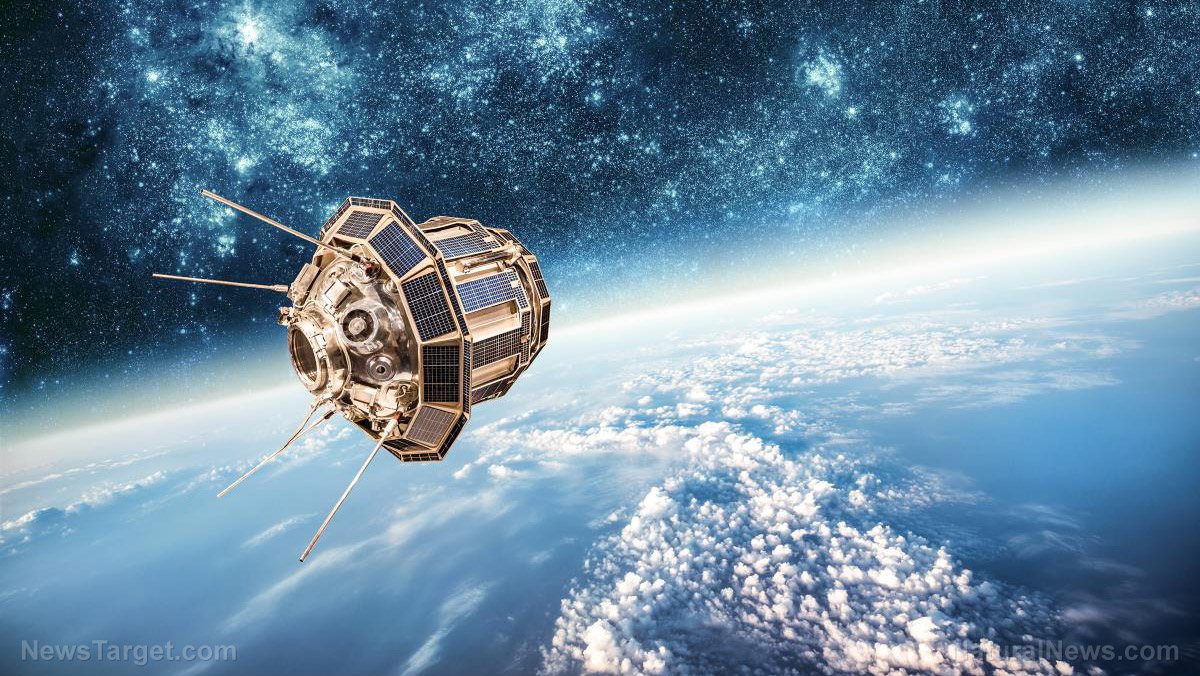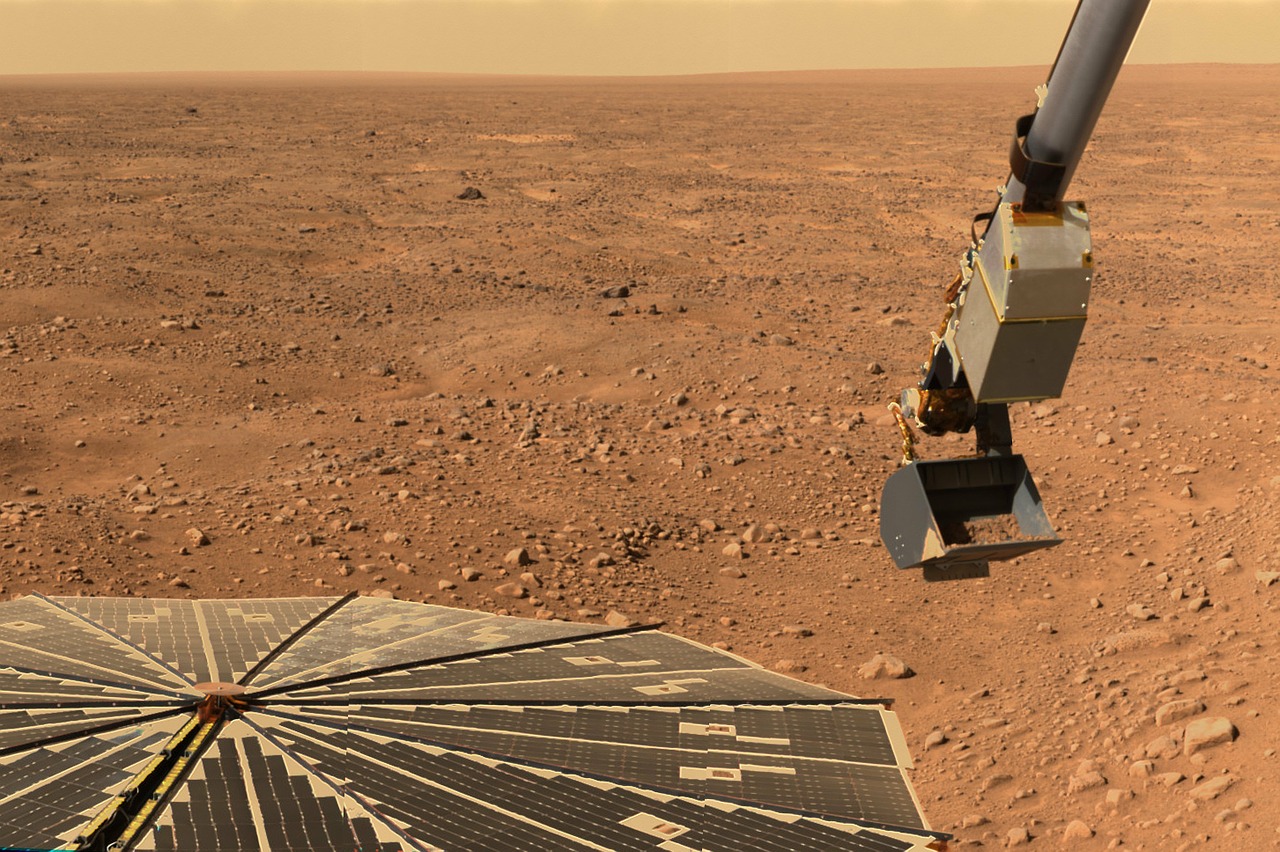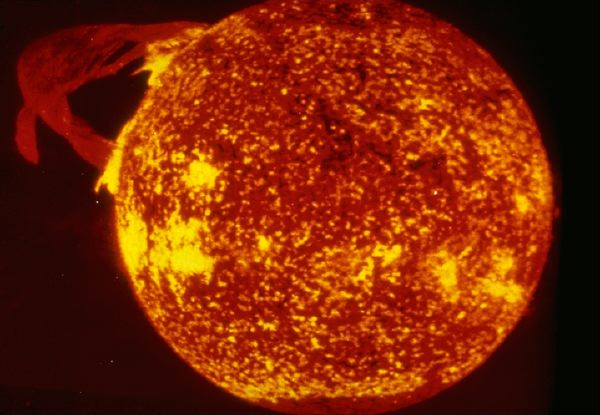What Does Space Sound Like? Researchers Need Your Help to Find Out
11/29/2016 / By spacenews

Sci-fi fans will understand that a lot of space battles are inaccurate because sound waves can’t travel through empty space. Alien fans will cement this with the tagline, “In space, no one can hear you scream.” However, a new research wants to prove whether or not this is true, and you can help be part of the team.
Article by Rhenn Anthony Taguiam
Martin Archer from Queen Mary University of London took to Science Alert to ask for the help of the public to participate in “deducing” just what space sound waves sound like.
Sound waves are fundamentally oscillations in pressure that travel through the medium they are in. This means they are a series of compression or rarefaction, where molecules are closer or further apart, respectively.
Sound exists on planets and their moons because there’s a medium through which waves can be transmitted, such as oceans and atmospheres. The common explanation for a lack of “space sounds” is because space is a vacuum and there’s no way for sound to move.
The ground has a ton of air, which has about 300,000,000,000,000,000,000 molecules, which means it has a ton of potential for sound. However, according to Science Daily, scientists say this is not exactly the case. Space is “never” empty, and there are a few particles of sound traveling around. There are about five protons in the same volume, but still not exactly “empty.” They are also not filled with gas but with plasma, which contains charged particles.
These interactions make way for “plasma-based” sound waves, which are called magnetosonic waves. These are still based on pressure, but it has magnetism. Man can’t hear these sounds in space because the vibrations are so small, at -100dB (the human hearing threshold is +60 dB). That means man needs an eardrum equivalent to the Earth to hear them.
Scientists are curious because these magnetosonic waves can transfer energy around the magnetosphere or the protective magnetic bubble around the earth. Meaning magnetosonic waves can transfer “killer electrons” that can damage satellites because they transfer these to radiation belts around the Earth.
Scientists get to “listen” to sound due to geostationary satellites that monitor the weather. However, scientists have a hard time “segregating” sounds in space.
Interested participants can look at Soundcloud to hear six minutes’ worth of a whole years’ worth of sound data to check just what these sounds sound like.
Read more at: natureworldnews.com
Tagged Under: listening, Sound, Space, Spce signal monitoring

